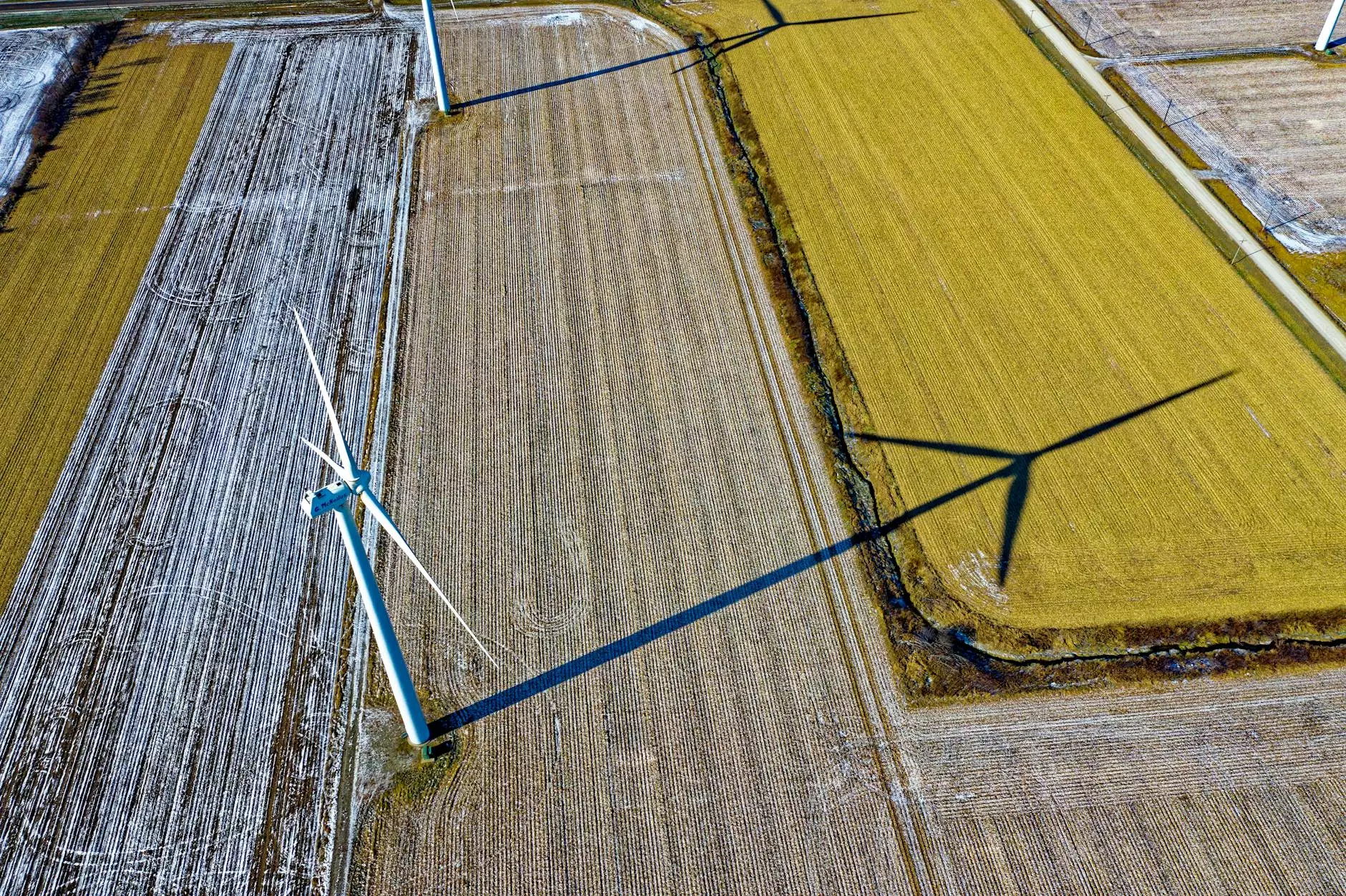The Pros and Cons of Nuclear Power Energy

Introduction to Nuclear Power Energy
Nuclear power is a type of energy generated by nuclear reactions that release heat, which is then converted into electricity. It is considered a significant source of power as it produces a large amount of energy using very little fuel. However, like any form of energy generation, nuclear power comes with its own set of pros and cons.
Pros of Nuclear Power Energy
- Low Greenhouse Gas Emissions: Nuclear power plants produce very low levels of greenhouse gas emissions, making them ideal for reducing carbon footprints.
- High Energy Output: Nuclear energy provides a high amount of electricity output compared to conventional sources such as coal or gas.
- Reliability: Nuclear power plants operate constantly and can generate power uninterrupted for long periods, ensuring a stable energy supply.
- Long-Term Fuel Availability: Uranium, the primary fuel used in nuclear reactors, is widely available, making nuclear energy a long-term energy solution.
- Cost-Effective: While the initial investment in nuclear power plants is high, the operational costs are usually lower than other forms of energy generation over time.
Cons of Nuclear Power Energy
- High Initial Costs: Building nuclear power plants requires significant capital investment and expertise, making them expensive to construct.
- Waste Management: Nuclear power generates radioactive waste that must be carefully stored and managed to prevent environmental and health risks.
- Accident Risks: Despite stringent safety measures, there is always a risk of accidents at nuclear power plants that could result in severe consequences.
- Security Concerns: Nuclear facilities pose security risks from potential terrorist attacks or unauthorized access to nuclear materials.
- Public Perception: Nuclear energy often faces public opposition due to concerns about safety, environmental impact, and long-term health effects.
Conclusion
While nuclear power energy provides numerous benefits in terms of efficiency, low carbon footprint, and energy output, it also comes with inherent risks and challenges that need to be carefully considered. Businesses evaluating the use of nuclear power must weigh the pros and cons to make informed decisions that align with their sustainability goals and operational requirements.
This article is intended to provide a comprehensive overview of the pros and cons of nuclear power energy for businesses. For more information and expert advice, please visit our-power.co.uk.
nuclear power energy pros and cons








